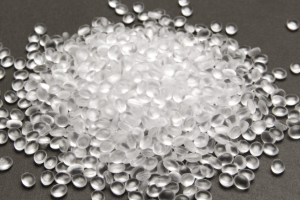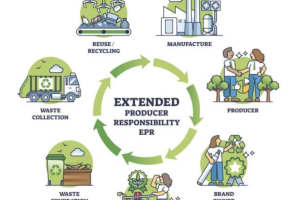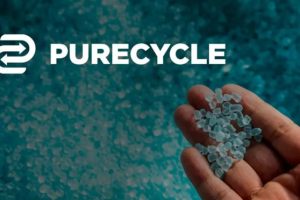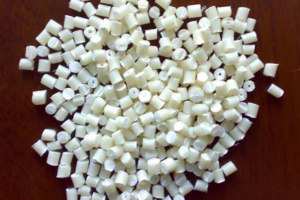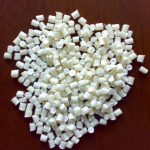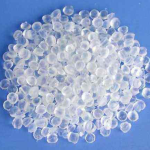April 19, 2025 – In daily life, many people harbor misunderstandings about “degradable plastics,” mistakenly believing that these plastics can be discarded casually since they will naturally break down. However, the reality is far from this assumption, calling for a renewed understanding of “degradable plastics.”

Degradable plastics are not the all – encompassing “environmentally friendly materials” people often envision. This category of plastics, composed of dozens of materials, requires specific environmental conditions such as the action of microorganisms, sunlight, moisture, and oxygen to decompose into small molecules like carbon dioxide and water. A report by the United Nations Environment Programme (UNEP) reveals that the actual decomposition rate of most degradable plastics in natural environments is much slower than market claims, and they may even trigger new forms of pollution.
According to AsiaMB, degradable plastics can be classified into biodegradable plastics, photodegradable plastics, and oxo – degradable plastics based on their degradation methods. The degradation conditions vary significantly among different types. Photodegradable and oxo – degradable plastics take time to start degrading in composting environments, and in natural settings such as the ocean, soil, or landfills, the degradation process is extremely slow. Even when they begin to break down, they may fragment into microplastics, lingering in the environment for a long time and posing potential hazards.
It is clear that “degradable” does not mean “can be discarded at will.” These plastics also require proper recycling and utilization. With the increasingly severe problem of plastic pollution, practicing the concept of a circular economy—reducing plastic use at the source, enhancing reuse rates, and improving recycling and reusing efforts while abandoning the linear consumption model—may be the most effective way to address plastic pollution.

